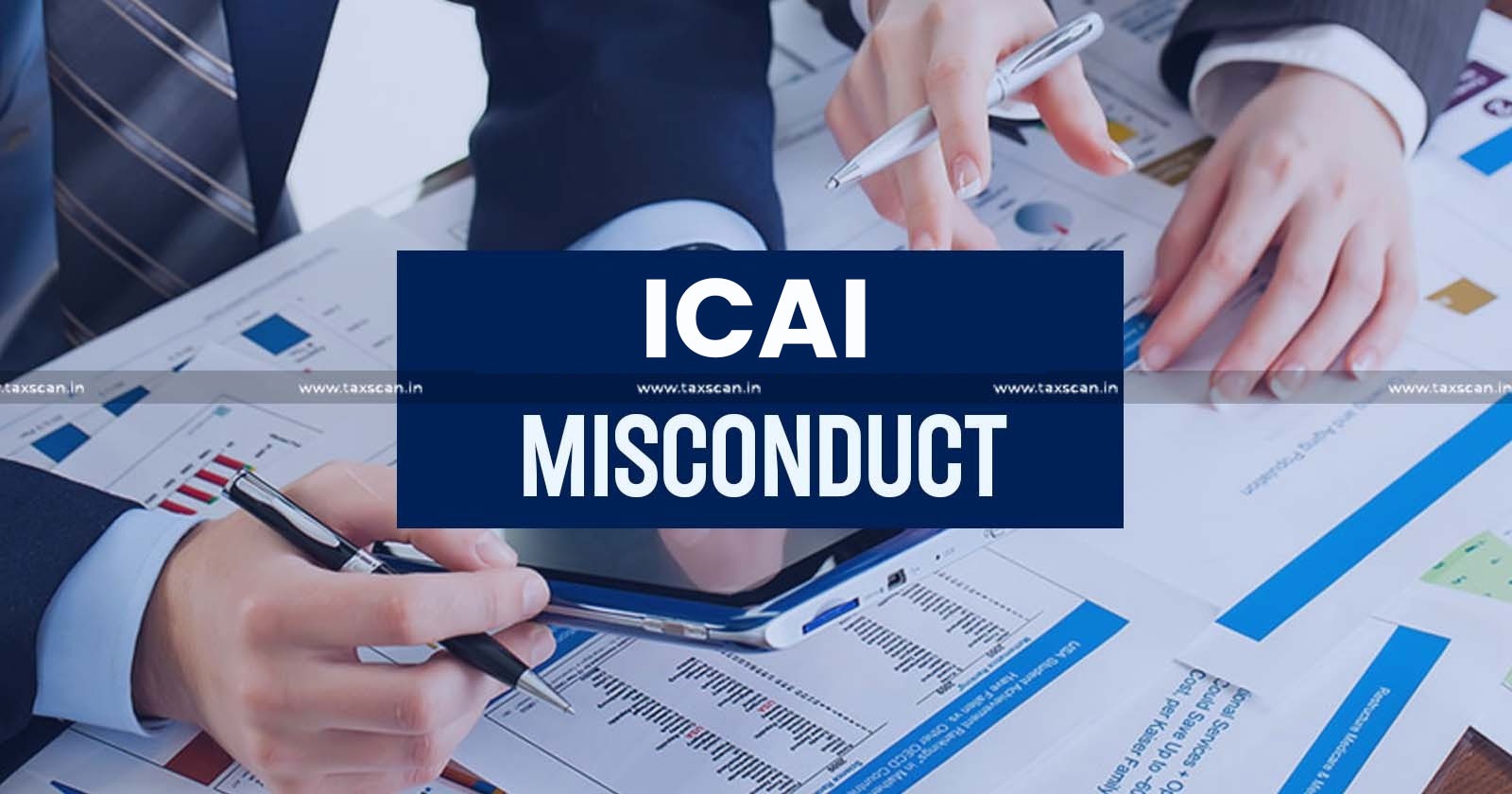M. Ajit Kumar, Member (T)
1. The above appeals have been filed by the appellants against Order in Appeal C. Cus. No. 919 to 921/2013 dated 28.6.2013 passed by the Commissioner of Customs (Appeals), Chennai.
2. Brief facts of the case are that officers of DRI investigating the import of luxury vehicles by misusing the Transfer of Residence (TR) Scheme, noticed that one Shri Yousef Cheridi Peedikakkal had imported a Toyota Land Cruiser Prado Car vide Bill of Entry dated 15.2.2005 through Chennai Seaport. The value of the said car at the time of import was declared at USD 5,000 (CIF) in the Bill of Entry. The value of the car being found low was redetermined by the Customs Officers at Rs 03,75,555/- at the time of import. The importer admitted that he did not possess the car for a minimum period of one year as required for the TR facility. The car was thus found liable for confiscation under section 111(c) of the Customs Act read with Section 3(3) FTDR Act, 1992. After due process the matter was adjudicated vide OIO dated 15/03/2005. Fine and penalty was imposed. The importer paid the adjudication dues and cleared the car on 04/03/2005.
2.1 Based on the post clearance investigation by DRI, it was allegedly found that Shri Yousef Cheridi Peedikakkal was working abroad for a monthly income of about 600 to 700 Dirhams and only owned a motorcycle while abroad. On his return he handed over his passport to one M.P. Abdul Rahaman alias Kunhippa who in turn handed it over to one Ashraf of Kasargod. The impugned car was found to have come into the possession of M/s Mothers Pride Education Personna Pvt Ltd Delhi, (M/s Mothers Pride) through one Shri Vikas Chawla, for use by the Appellants. A Show Cause Notices were issued to the M/s Mothers Pride and others alleging that fresh evidence indicated that the impugned vehicle was under-valued by mis-declaring the chassis number and the year of manufacture hence the value needs to be redetermined. Secondly M/s Mothers Pride purchased the vehicle fully knowing the import licensing condition under the TR facility restricts the sale of the subject vehicle for a period of two years. Hence M/s.Mothers Pride conspired with the importer and others in the said import and were liable to pay duty on the redetermined value of the car and be liable for a penalty while the car was liable for confiscation. The Appellants who are Directors of the said company along with others were liable for a penalty for their blame worthy conduct in the import of the car and its sale etc.
2.2 After due process of law, the adjudicating authority rejected the declared value and redetermined the value afresh along with duty. He also imposed other adjudicatory liabilities on M/s. Mothers Pride. Further, penalty of Rs.50,000/- each was imposed on the Appellants Ms. Sudha Gupta and Shri Anand Bansal, Directors of the company in terms of sec. 112(a) of the Customs Act, 1962. Aggrieved by the imposition of penalty Ms. Sudha Gupta and Shri Anand Bansal have preferred appeals before the first Appeal Authority, which was dismissed by the learned Commissioner (Appeals). Hence the present appeals before this Tribunal.
3. Shri R. Sethu Prabakaran, learned counsel appeared for the appellants and Shri N. Satyanarayanan, learned Assistant Commissioner appeared for Revenue.
4. It is the Appellants plea that they had purchased the car after the importer had paid full rate of duty on the redetermined value along with redemption fine. The car in question was cleared without availing any duty benefit including the Transfer of Residence and consequently there was no restriction for sale of car within a period of two years as held in the impugned order. The adjudicating authority and the appellate authority failed to appreciate that the dictum laid down by the Apex Court in Mohan Meakin Ltd. Vs Commissioner of Central Excise, Kochi [ 2000 (115) E.L.T. 3 (S.C.)], that fresh proceedings against redeemed goods is ab initio void. He prayed that the penalty imposed on the appellants may be dropped.
5. The learned AR stated that the value of the imported car was very low when compared to the original value as shown in the invoice recovered from the importer and was hence correctly revalued. He referred to the judgment of the Hon’ble Karnataka High Court in the case of Titanide Coating (P) Ltd. vs Assistant Collector Of Customs. [1993 (67) ELT 260 (KAR) / 1993 (1) KAR LJ 367] to state that even when the goods were cleared under section 47 of the Customs Act the same could still be confiscated without the order being first reversed or set aside. He further stated that the facts that the goods were cleared under section 47 by itself would not bar the competent authority to initiate proceedings either under section 28 or under section 24 of the Customs Act or in penalizing the appellants. He reiterated the points given in the impugned order and prayed that the impugned order be upheld.
6. Having gone through the facts of the case and after hearing the rival parties I find that the impugned order relates to the import of a car by claiming duty concession under the TR scheme. The Custom House found that the car import violated the EXIM policy and the value declared was also low. They hence cleared the goods only after enhancing the value, denying concessional rate of duty under the TR facility and collecting fine and penalty for the violations noticed. The goods after clearance were purchased by the Appellants. As per post clearance investigation by DRI the car was once again subject to adjudication proceedings based on fresh violations that were allegedly unearthed by DRI. It resulted in the issue of an OIO in due course, whereby the impugned car was confiscated with option given to M/s Mothers Pride to redeem the same on payment of a fine. In case the goods were redeemed M/s Mothers Pride were also liable to pay the differential duty as per the value that was redetermined. A penalty was also imposed on the company. Separate penalties were imposed on the Appellants under section 112(a) of the Customs Act 1962 and others. The issue before me relates only to the penalty imposed on the Appellants.
7. I find that M/s Mothers Pride is a limited company and is an independent legal entity. The learned Original Authority has not clearly brought out any charge against the appellants other than that they were involved in the purchase of the car. There is no allegation that the Appellants were the importers of the impugned car. The main charge and the action that follows in the Order in Original was mainly against M/s Mothers Pride. Since they are not before me, the issues relating to valuation, duty, interest and penalty pertaining to them are not of concern in this appeal. This being so, the judgment of the Hon'ble High Court of Karnataka in Titanide Coating (P) Ltd. (supra) is distinguishable.
7.1 The fact that the car was not in the possession of the importer for one year was noticed by the assessing officers at the time of import itself and penal action taken for the same. Hence a subsequent penal action does not survive for the same FTDR Act violation. Moreover, once the penalty was paid and the goods cleared for home consumption, the restrictions of sale etc. which would have been present had the goods been cleared under TR concession no longer holds good. In such a situation the Appellant cannot be said to have infringed any provision of the Customs Act, even if they had due to ignorance, participated in procuring the impugned car for the company and sought to cloak the purchase under a veil of legalese involving a car loan. The judgment of the Hon’ble High Court of Kerala in Commissioner of Customs Versus Sanjay R. Khushalani [2010 (251) E.L.T. 42 (Ker.)] cited by the Appellants, squarely covers the issue. The relevant passage is cited below;
“2. Standing counsel appearing for the appellant contended that imported cars are not allowed to be sold for two years. However, admittedly this condition is applicable only for those cars imported by availing TR benefit where importer enjoyed concessional rate of duty in regard to import. On the other hand, in these cases, respondents were declined TR benefit in regard to imported cars, and consequently they got release of the vehicles on payment of redemption fine and penalty. We have not been able to understand under what provision prohibition can be introduced against sale of imported car other than under TR Scheme. In the circumstances, since respondents have not been given TR benefit for the imported cars, restriction introduced by the adjudicating authority against sale of imported cars for two years was rightly cancelled by the Commissioner and re-confirmed by the Tribunal. No other issue arises for consideration in these appeals.”
8. Considering the above discussions, the impugned order in as much as it relates to the penalty imposed on the Appellants is set aside. They are eligible for consequential relief, if any, as per law.

